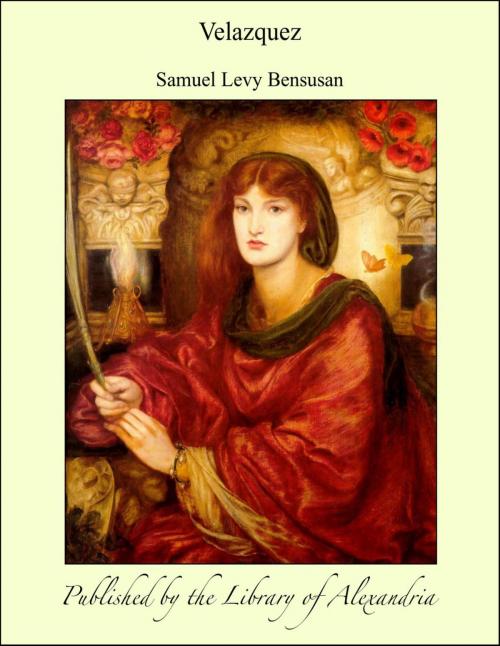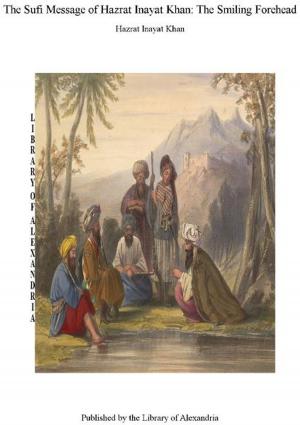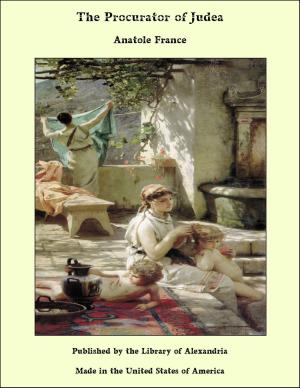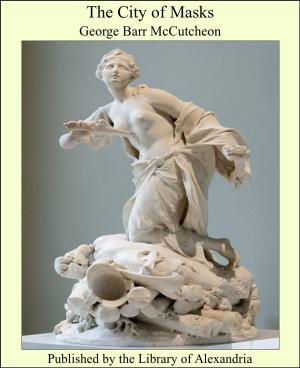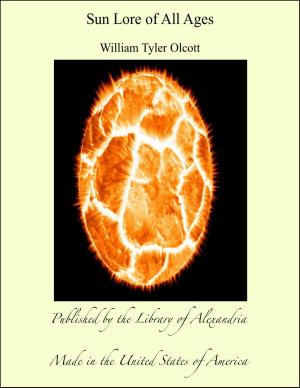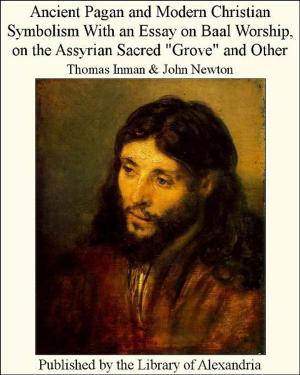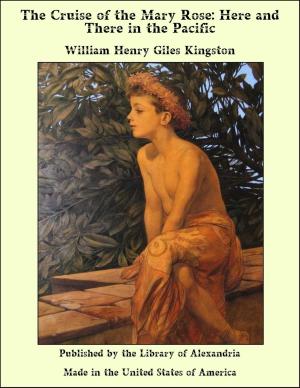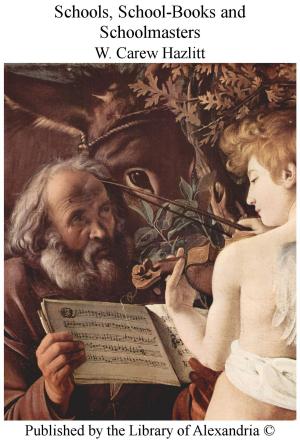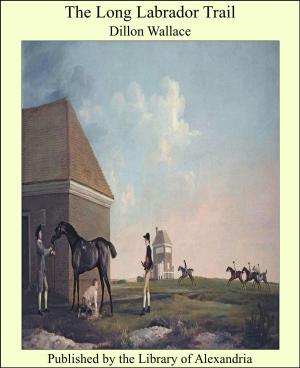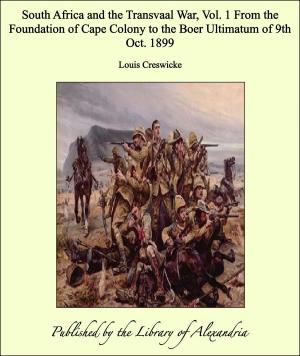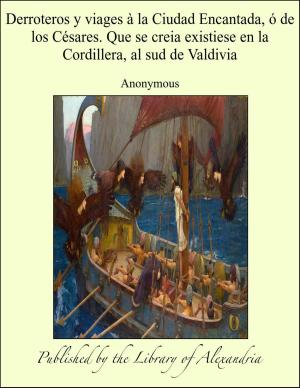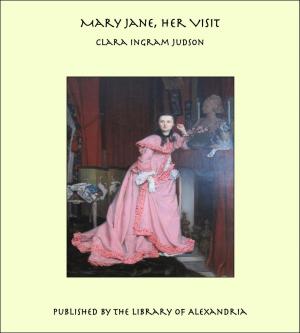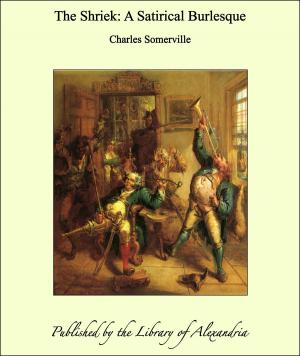| Author: | Samuel Levy Bensusan | ISBN: | 9781465572226 |
| Publisher: | Library of Alexandria | Publication: | March 8, 2015 |
| Imprint: | Language: | English |
| Author: | Samuel Levy Bensusan |
| ISBN: | 9781465572226 |
| Publisher: | Library of Alexandria |
| Publication: | March 8, 2015 |
| Imprint: | |
| Language: | English |
THE INFANTE DON BALTHASAR CARLOS This is one of the Prado pictures of King Philip's eldest son by his first wife, the unfortunate little prince who died while he was yet a boy. When this picture was painted Don Balthasar Carlos was six years old. PLATE V.—ANTONIO THE ENGLISHMAN PLATE VI.—ADMIRAL ADRIANO PULIDO PAREJA In the final decade of the painter's life Philip seems to have given him no more than two sittings. Perhaps the artist's "Mars" and his "Venus with the Mirror" gave offence in Madrid, where the nude was only accepted if it was painted by some artist who had won his fame outside the Iberian Peninsula. The whole trend of life in the court of Mariana of Austria was opposed to the presentation of the nude in art. The two late pictures of Philip, of which the one is in the Prado and the second in our National Gallery, are quite the most finished of all his studies of his royal master. The face, free from even a suggestion of human interest or enthusiasm, has no emotion whatsoever save disillusionment and sadness. The spectator gets a suggestion that life has resolved itself into a long series of formal duties and formal enjoyments, and that neither suffices to make it worth living. Duty to the world at large and to the vast empire slipping from his grasp seems to be all that holds Philip; and when we consider that he had lost his first wife and her promising son, and of his children by his second wife one or two were dead already; that dissipation and anxiety had sapped his energies, and superstition had crabbed his intelligence; it is not strange that the face should be as it is
THE INFANTE DON BALTHASAR CARLOS This is one of the Prado pictures of King Philip's eldest son by his first wife, the unfortunate little prince who died while he was yet a boy. When this picture was painted Don Balthasar Carlos was six years old. PLATE V.—ANTONIO THE ENGLISHMAN PLATE VI.—ADMIRAL ADRIANO PULIDO PAREJA In the final decade of the painter's life Philip seems to have given him no more than two sittings. Perhaps the artist's "Mars" and his "Venus with the Mirror" gave offence in Madrid, where the nude was only accepted if it was painted by some artist who had won his fame outside the Iberian Peninsula. The whole trend of life in the court of Mariana of Austria was opposed to the presentation of the nude in art. The two late pictures of Philip, of which the one is in the Prado and the second in our National Gallery, are quite the most finished of all his studies of his royal master. The face, free from even a suggestion of human interest or enthusiasm, has no emotion whatsoever save disillusionment and sadness. The spectator gets a suggestion that life has resolved itself into a long series of formal duties and formal enjoyments, and that neither suffices to make it worth living. Duty to the world at large and to the vast empire slipping from his grasp seems to be all that holds Philip; and when we consider that he had lost his first wife and her promising son, and of his children by his second wife one or two were dead already; that dissipation and anxiety had sapped his energies, and superstition had crabbed his intelligence; it is not strange that the face should be as it is
